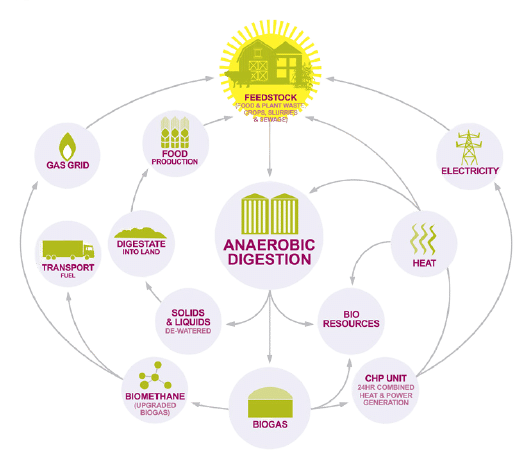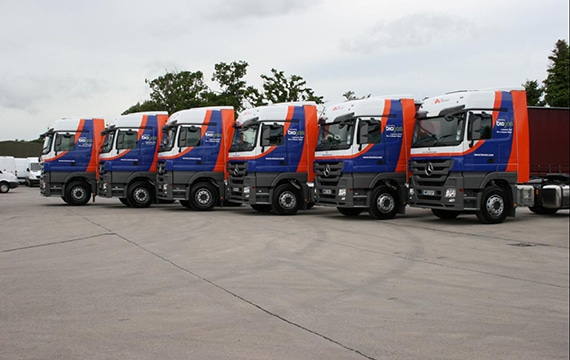Anaerobic digestion (also known as “AD”) is the simple, natural breakdown of organic matter (often human-produced waste) by two groups of microorganisms: bacteria and archaea. Since many of these are intolerant to oxygen, this process is known as anaerobic.
AD prevents emissions produced by these organic wastes if left untreated while also valorising the material to produce biogas — a clean, renewable energy for heat, transport and electricity — and other co-products called “bioresources”.
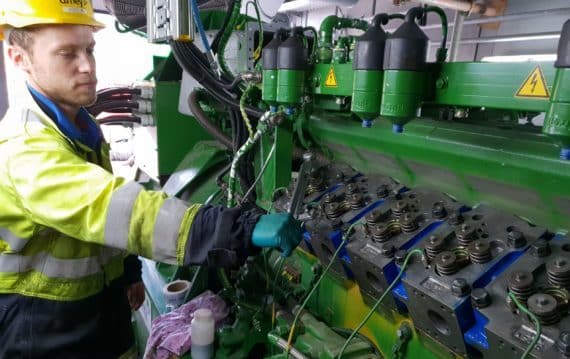

70% of global greenhouse gas emissions are directly caused by energy production, mostly by burning fossil fuel. AD is the ready to use technology that cuts GHG emissions in the hardest to decarbonise sectors of heat, transport, waste management and agriculture. The time is now to transition to sustainable technologies if the UK and world are to prevent the worst effects of climate change.
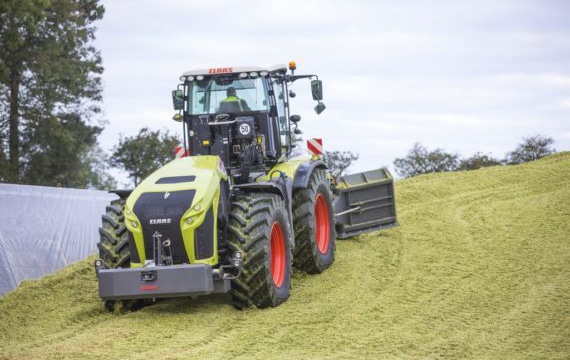
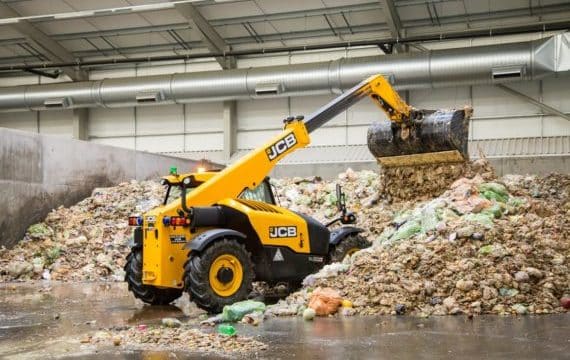
AD sits at the heart of the circular economy, treating food waste, sewage, and agricultural wastes, including manures and slurries, to create valuable products. Continued innovation in the sector can improve how AD valorises these resources and deliver the greatest benefit in terms of resource efficiency.

